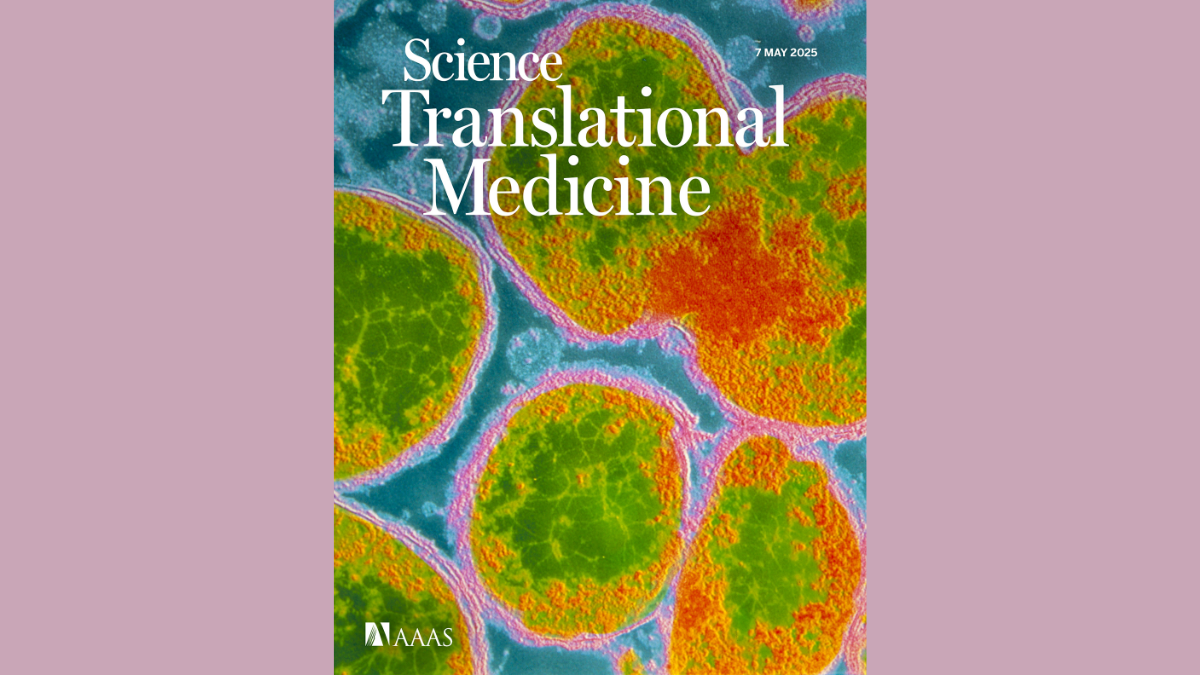New MenB vaccine shows promise in early-stage trial results
The outcome of a trial published in Science Translational Medicine, shows encouraging results for a new vaccine targeting group B meningococcus (MenB), a significant cause of meningococcal disease worldwide, and establishes proof-of-concept in humans that a gene-based vaccine platform can induce protective antibody responses against bacteria.

The investigational vaccine, ChAdOx1 MenB.1, developed by researchers at the University of Oxford, was shown to be safe and to elicit a significant immune response in healthy adults aged 18 to 50 in this Phase I/IIa trial.
Capsular group B meningococcus (MenB) remains the most common cause of invasive meningococcal disease in individuals under the age of 25 in high income regions. Of the 12 types of Neisseria meningitidis, it is one of the six (A, B, C, W, X and Y) that cause most cases of invasive meningococcal disease, particularly in infant, toddler, and young adult populations.
This new vaccine uses ChAdOx1, the Oxford adenoviral vector platform which was proven effective in the Oxford-AstraZeneca Covid-19 vaccine trial, to express a protein from the MenB bacterial membrane. Participants were given one- or two-doses and some participants also received a licensed MenB vaccine as a priming dose. The results demonstrate that two doses of ChAdOx1 MenB.1 elicited protective serum bactericidal antibody responses in 100% of recipients against a particular MenB strain which is targeted by the vaccine. No safety concerns were identified throughout the trial. The results also suggest that a multivalent approach would be necessary to achieve broader protection against different MenB strains.
“Our findings support the safety and immunogenicity of ChAdOx1 MenB.1 and demonstrate the potential of adenoviral-vectored platforms for bacterial vaccines,” said Professor Sir Andrew Pollard, Director of the Oxford Vaccine Group and one of the lead investigators of the study. “While the current formulation offers strong protection against specific strains, our next step will be to broaden the vaccine’s coverage and enhance its efficacy against different strains of the bacteria.”
The research underscores Oxford’s ongoing commitment to advancing innovative vaccine technologies to meet pressing global health challenges.
This clinical trial was supported by Medical Research Council (MRC)) and the National Institute of Healthcare Research (NIHR) / British Research Council (BRC). The serum standard arm of the trial was funded by the National Institute for Biological Standards and Control (NIBSC).
Related sustainable development goals

Featured Academics
Media Contacts
External Communications and PR team
Phone: +44 (0)1483 684380 / 688914 / 684378
Email: mediarelations@surrey.ac.uk
Out of hours: +44 (0)7773 479911
